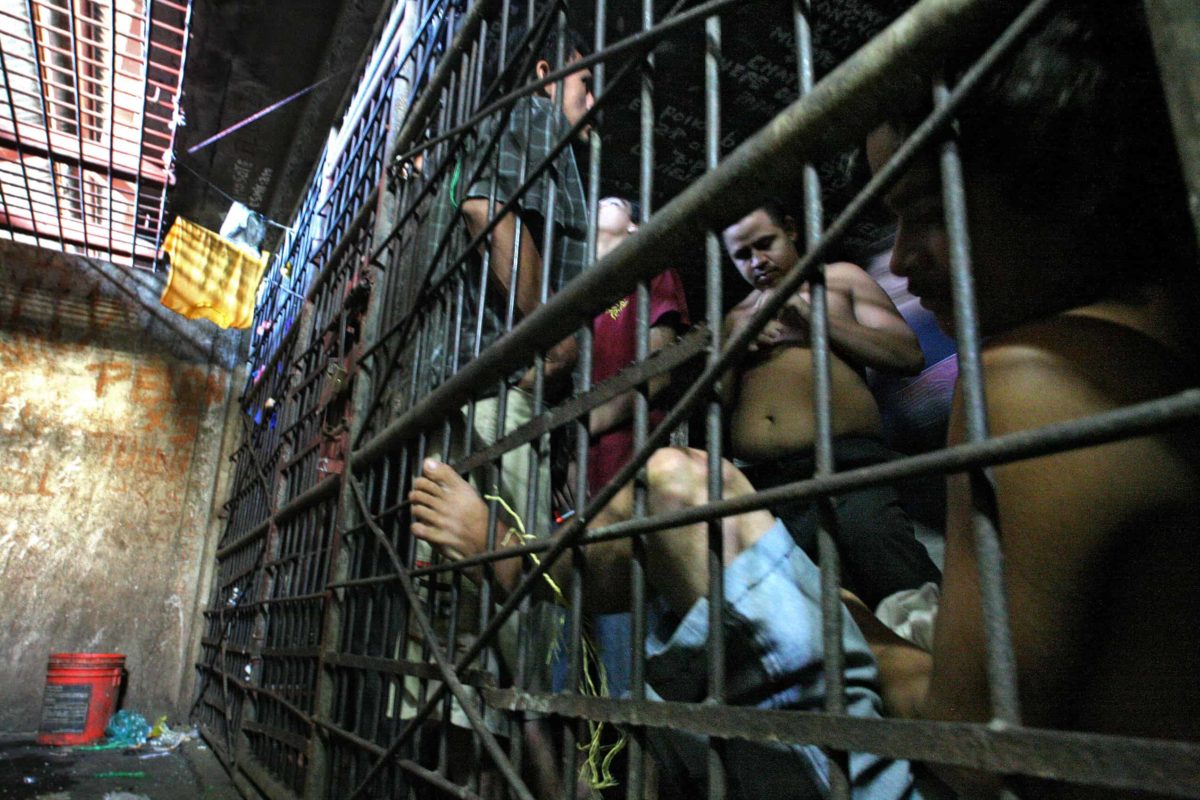The Nicaraguan government released three opponents it was holding in detention, among them a former presidential candidate, to place them under house arrest “for humanitarian reasons”, said the Public Prosecutor’s Office (Fiscalía) on Saturday.
Former presidential aspirant Arturo Cruz (68), former foreign minister Francisco Aguirre (77) and former vice-chancellor José Palláis (68), who were detained for undermining national integrity, will remain detained in their homes with “police custody”, said in a statement.
The released prisoners are part of a group of 46 opponents arrested last year in the electoral context, among them seven presidential aspirants and potential rivals of President Daniel Ortega, who won a fourth consecutive term in office in the November elections.
The Prosecutor’s Office stated that “having knowledge of the state of health of the aforementioned persons, for humanitarian reasons, it requested the judicial authority to change the precautionary measure of preventive detention to house arrest”.
The three opponents changed their detention regime one week after the death of former guerrilla Hugo Torres, one of the 46 detainees who died of unidentified causes weeks after being taken in serious condition to a hospital.
Lives in Danger
The Nicaraguan Center for Human Rights (CENIDH) questioned that those released from prison continue to be held in custody and demanded “unlimited access” to their families because “these people are in serious health condition”.
“We strongly demand that they be allowed the assistance of specialized and private doctors; they cannot continue in the same conditions of neglect. Their lives are in danger,” warned Cenidh.
This is the first release of opposition members, whose immediate release was demanded on Friday by the Permanent Council of the Organization of American States (OAS).
Aguirre already had a guilty plea and is awaiting sentencing, while the trial against Cruz and Palláis has been taking place since Tuesday in a marathon session along with five other opponents.
The Office of the United Nations High Commissioner for Human Rights (OHCHR) recalled through Twitter that there are other detainees “vulnerable due to age and/or illness, who should immediately leave the inhuman conditions of detention to which they are subjected”.
The non-governmental Mechanism for the Recognition of Political Prisoners – an initiative that coordinates relatives of prisoners, lawyers and human rights organizations – released a list of 21 opposition prisoners, including the three released prisoners, who are between 60 and 79 years old and “are suffering physical and psychological torture” in different prisons.
Deplorable Health
Relatives of the detainees attending the hearing denounced that during the trial they observed that Palláis suffered fainting spells while Cruz showed signs of suffering from Parkinson’s disease.
CENIDH denounced in its social networks that on Friday the hearing was attended by “a doctor from the Roberto Huembes Hospital (of the police), which shows that the regime itself recognizes the deplorable state of health of the prisoners, the risk of irreparable damage”.
Of the imprisoned opponents, at least 21 have already been found guilty and 13 of them received sentences of between 8 and 13 years in prison, according to CENIDH.
Yonarqui Martínez, a lawyer for the imprisoned opponents, celebrated the measure, noting that the “three innocent people who should never have been subjected to cruel treatment are at home”.
She added that “we have more elderly people left” and that “the ideal (is) the absolute freedom of all”.
Progressive Deterioration
Relatives of the detainees repeatedly denounced the progressive deterioration of their health, with extreme loss of weight and teeth, malnutrition, memory and mobility problems and fainting.
In this connection, de Torres, 73 years old, died, which provoked condemnation of the government by the international community and calls for an independent investigation to determine the circumstances of his death. The government has not commented on the matter.
Human rights organizations estimate that the opponents and critics of the government imprisoned in the scenario of the political crisis that the country has been experiencing since 2018 total 170, including 46 last year.
President Ortega claims that these prisoners are “criminals” and “delinquents” who wanted to stage a coup against his government with the 2018 protests, in which 355 people died and more than 100,000 went into exile, according to the Inter-American Commission on Human Rights (IACHR).






